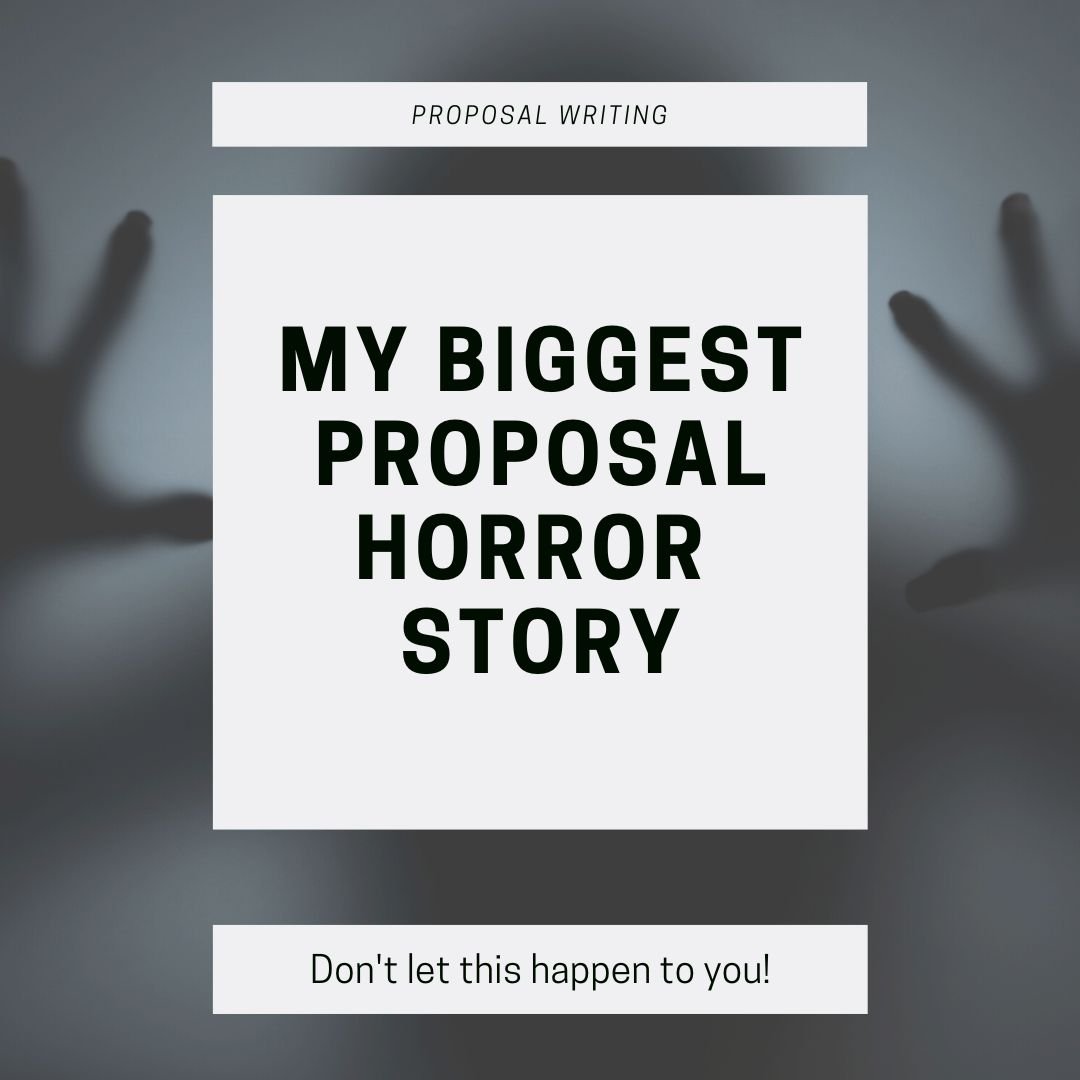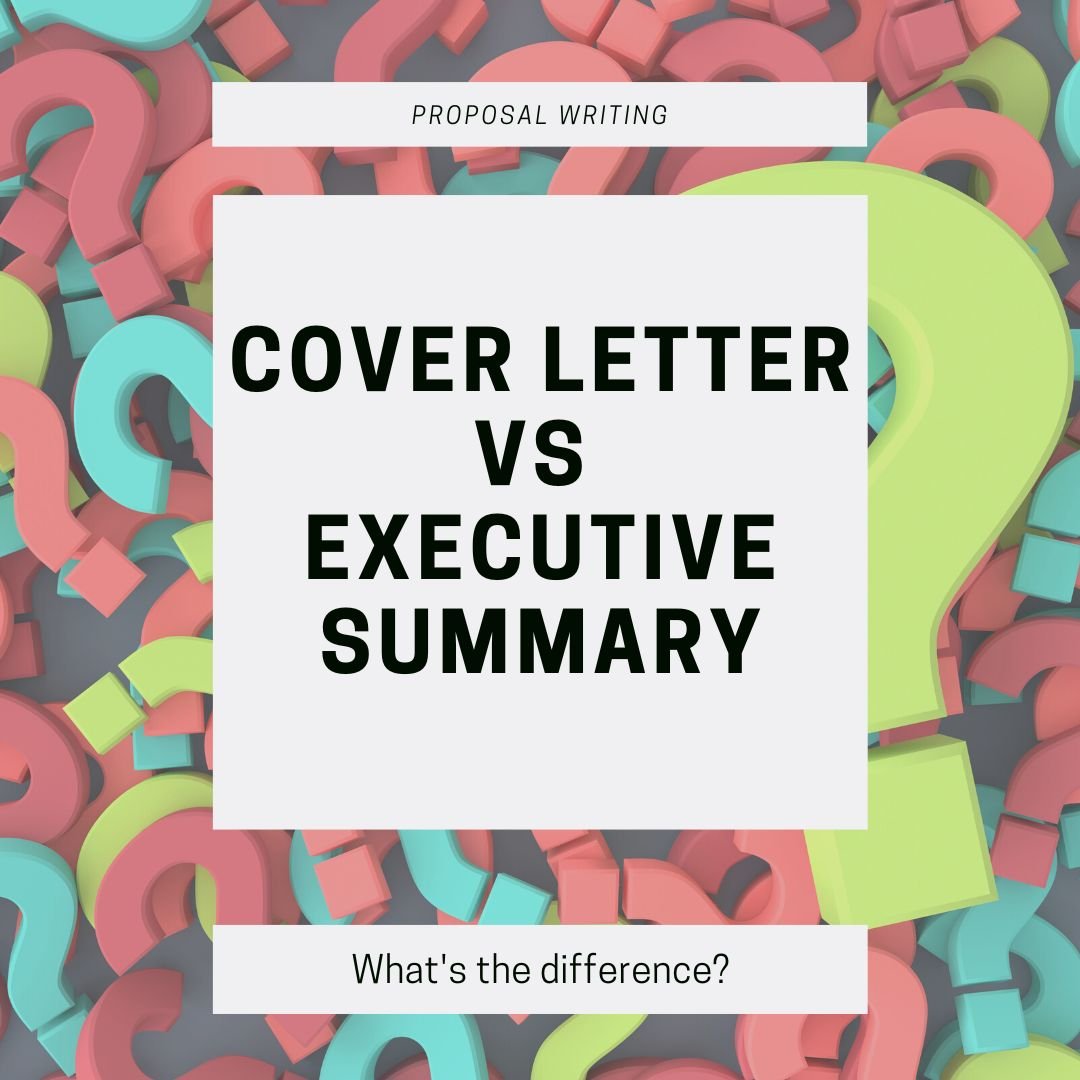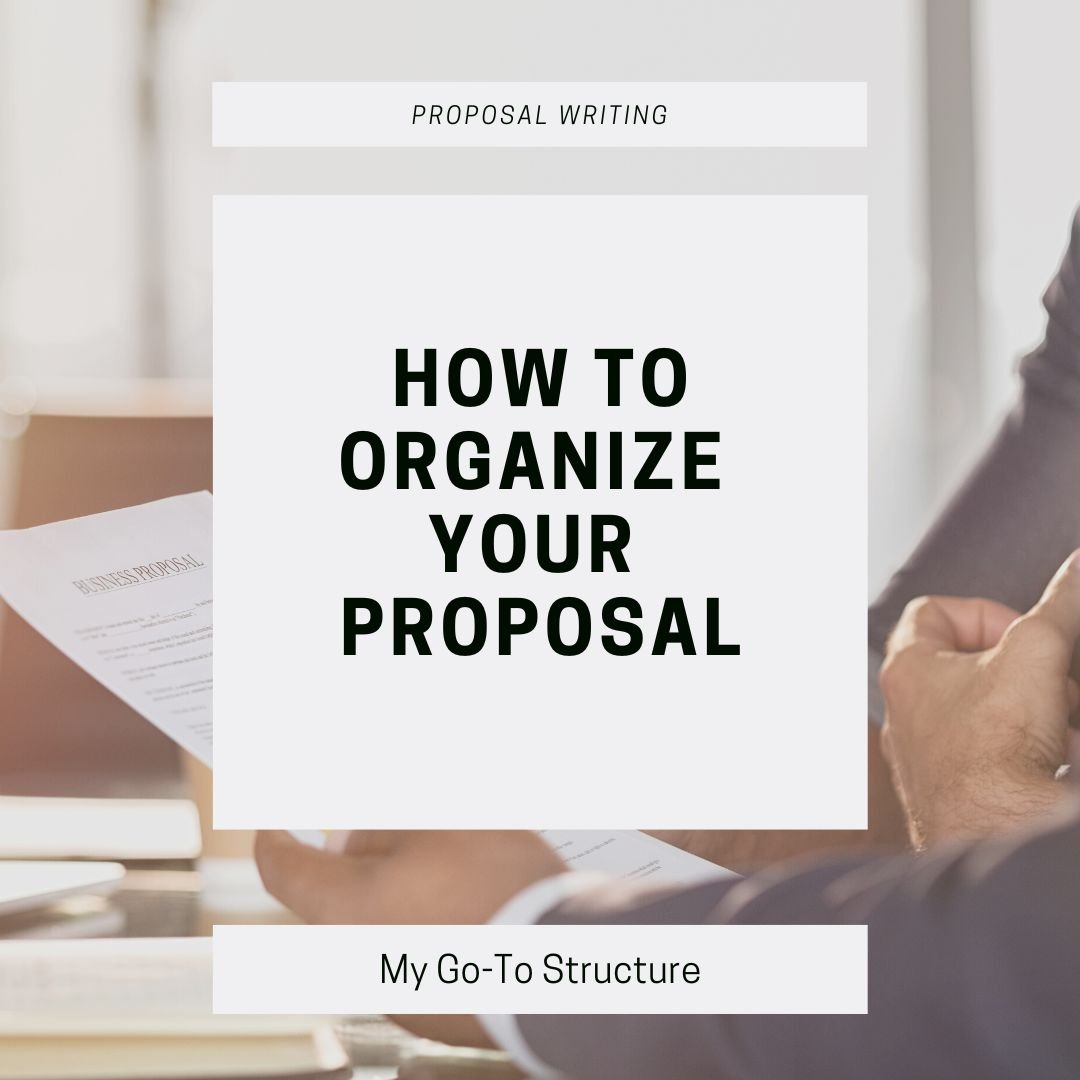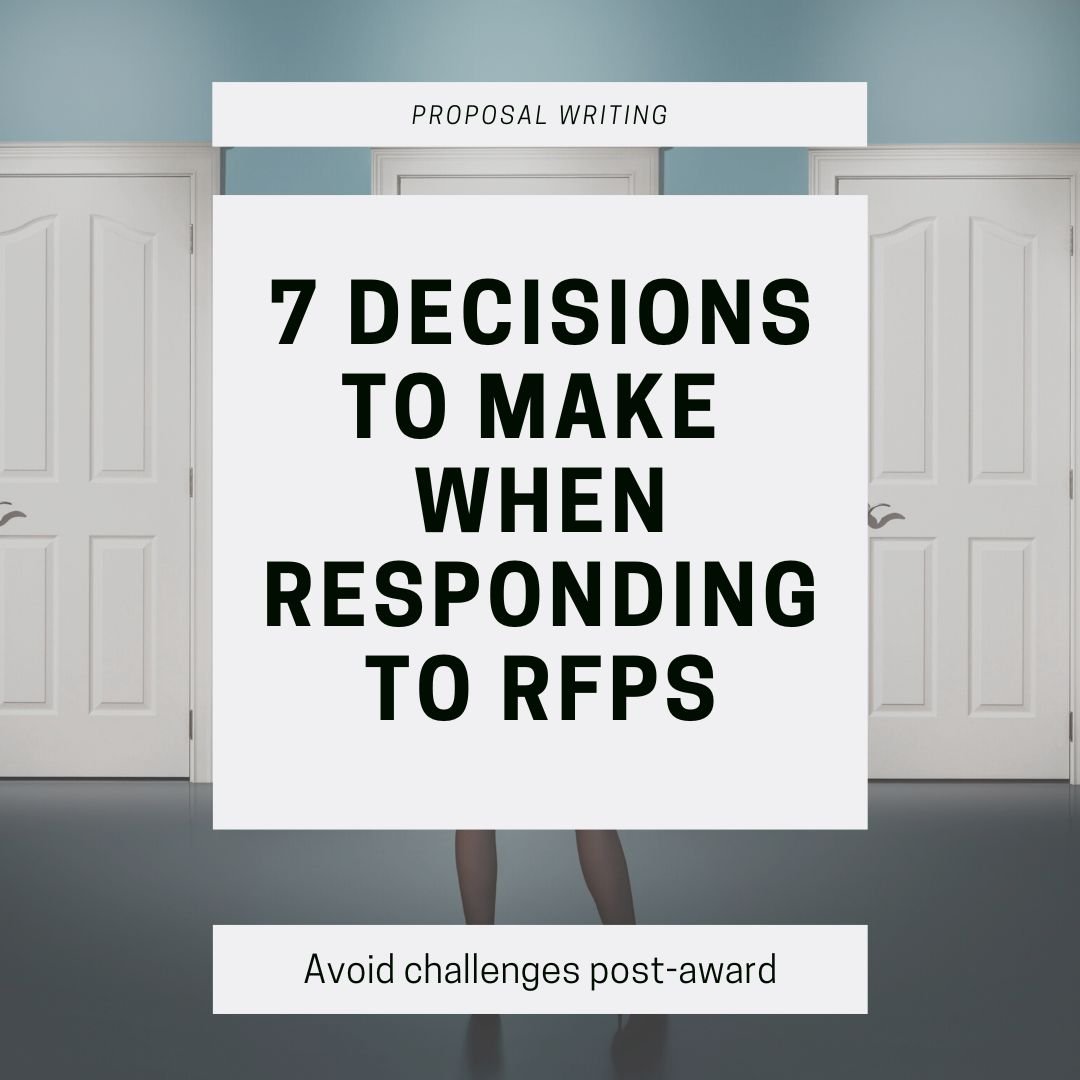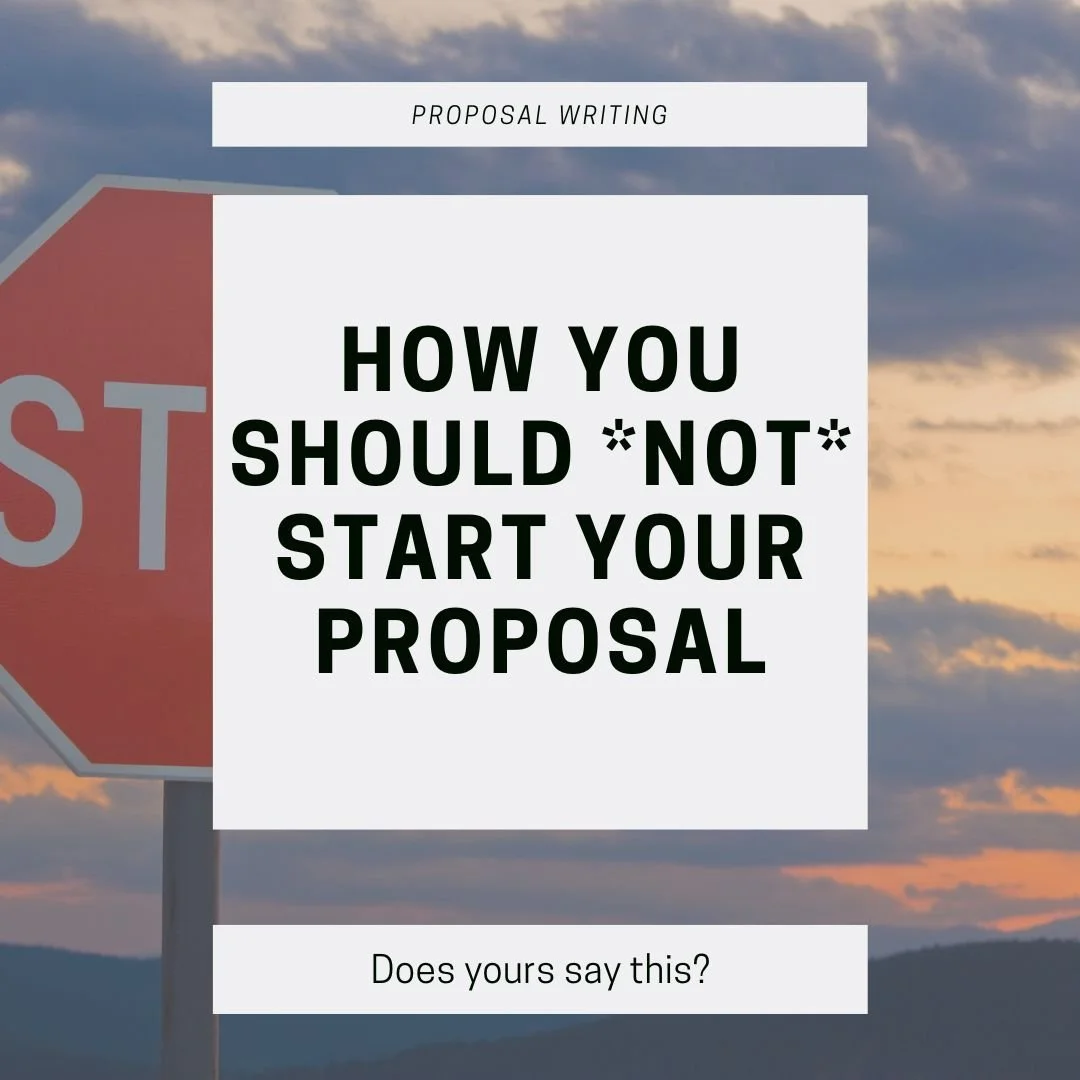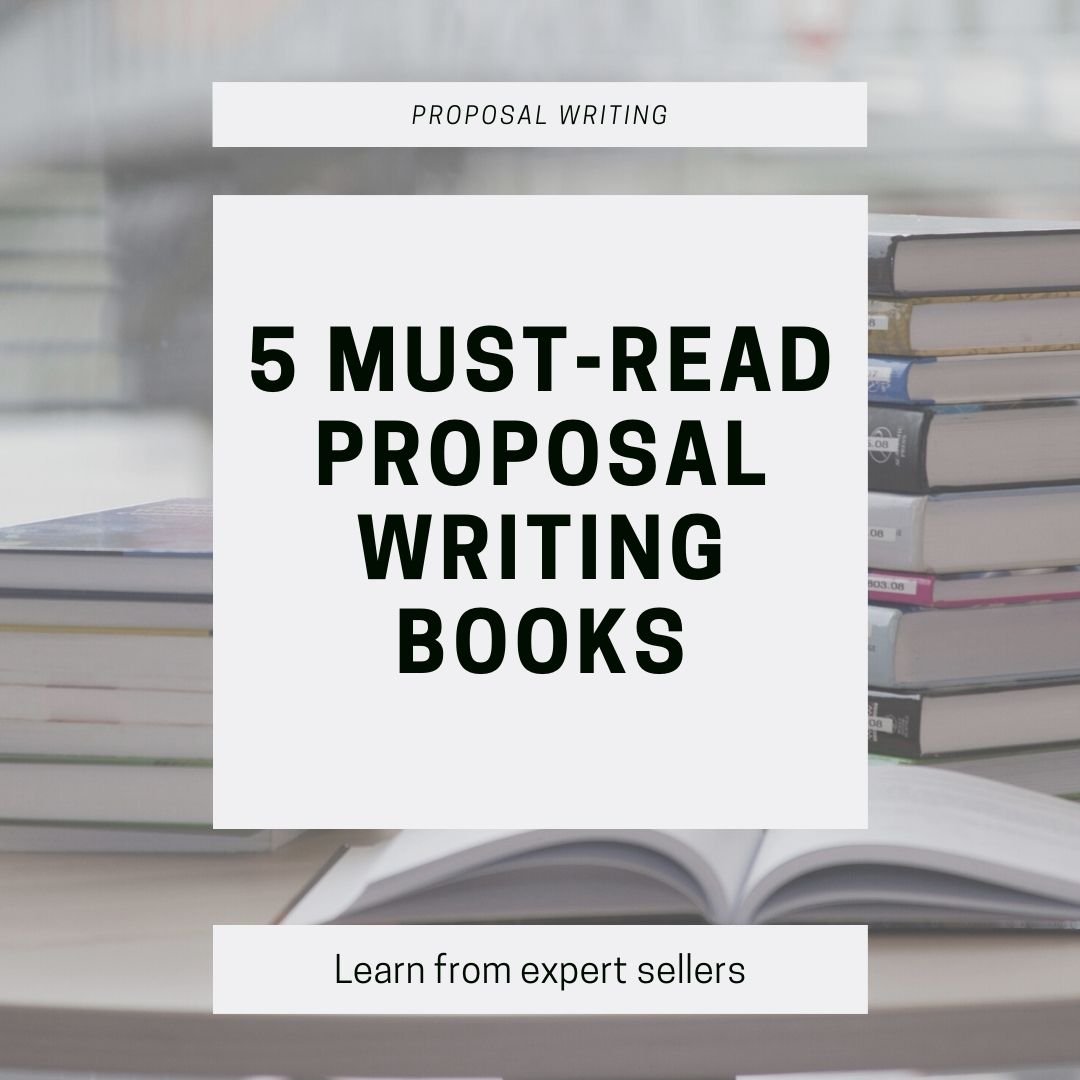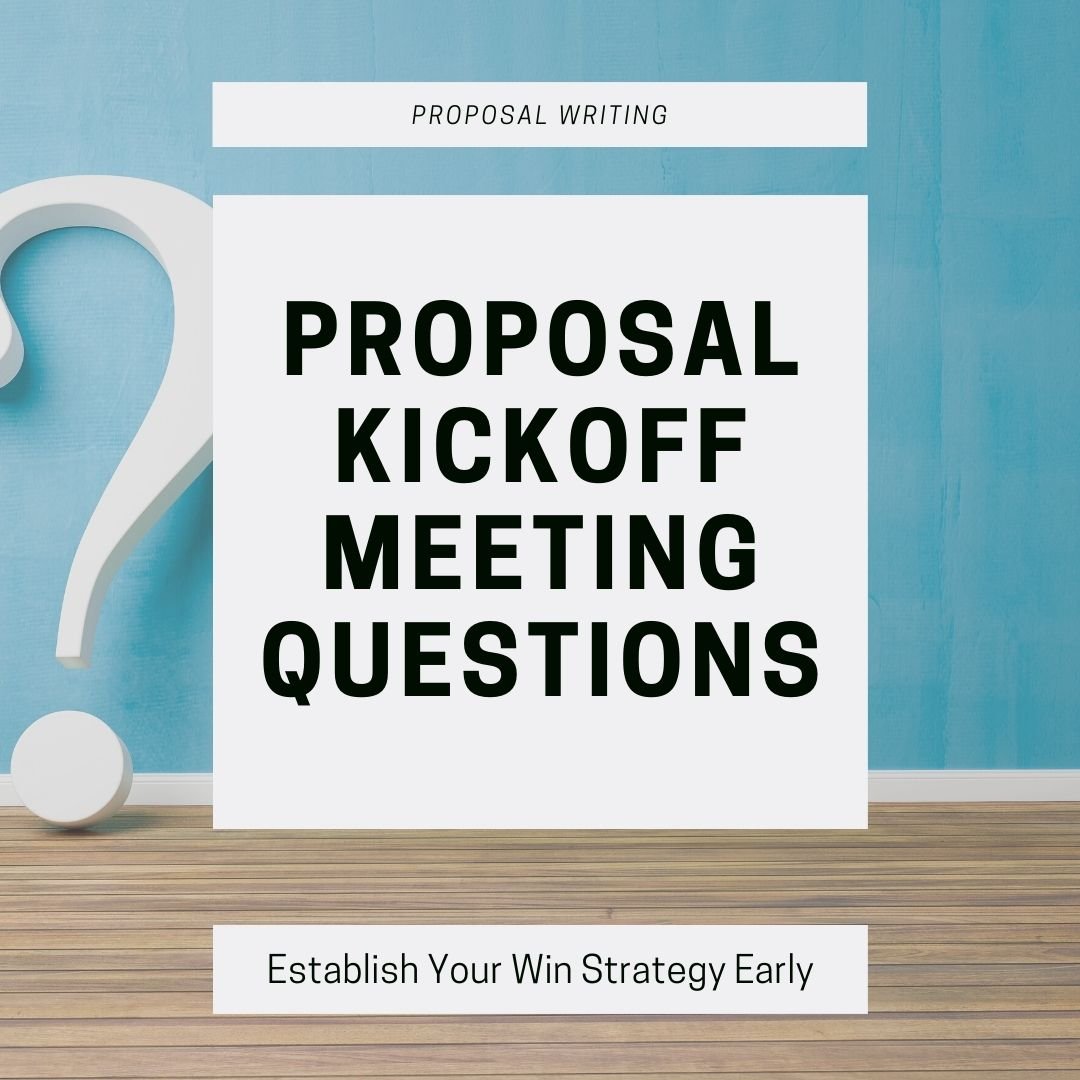With huge revenue potential, RFPs can be a very appealing option for many businesses. You search for the perfect RFPs, save the due dates, and add them to your to-do list to get started.
And before you know it, the due date passes with no proposal submitted.
If this has happened to you, don’t worry. RFPs can be overwhelming and challenging to complete. While they sound great in theory, in practice it takes a lot of energy to actually respond to the RFP (and even more to win!).
Below are some of the most common challenges companies face that make getting started with RFPs difficult.
Read More

